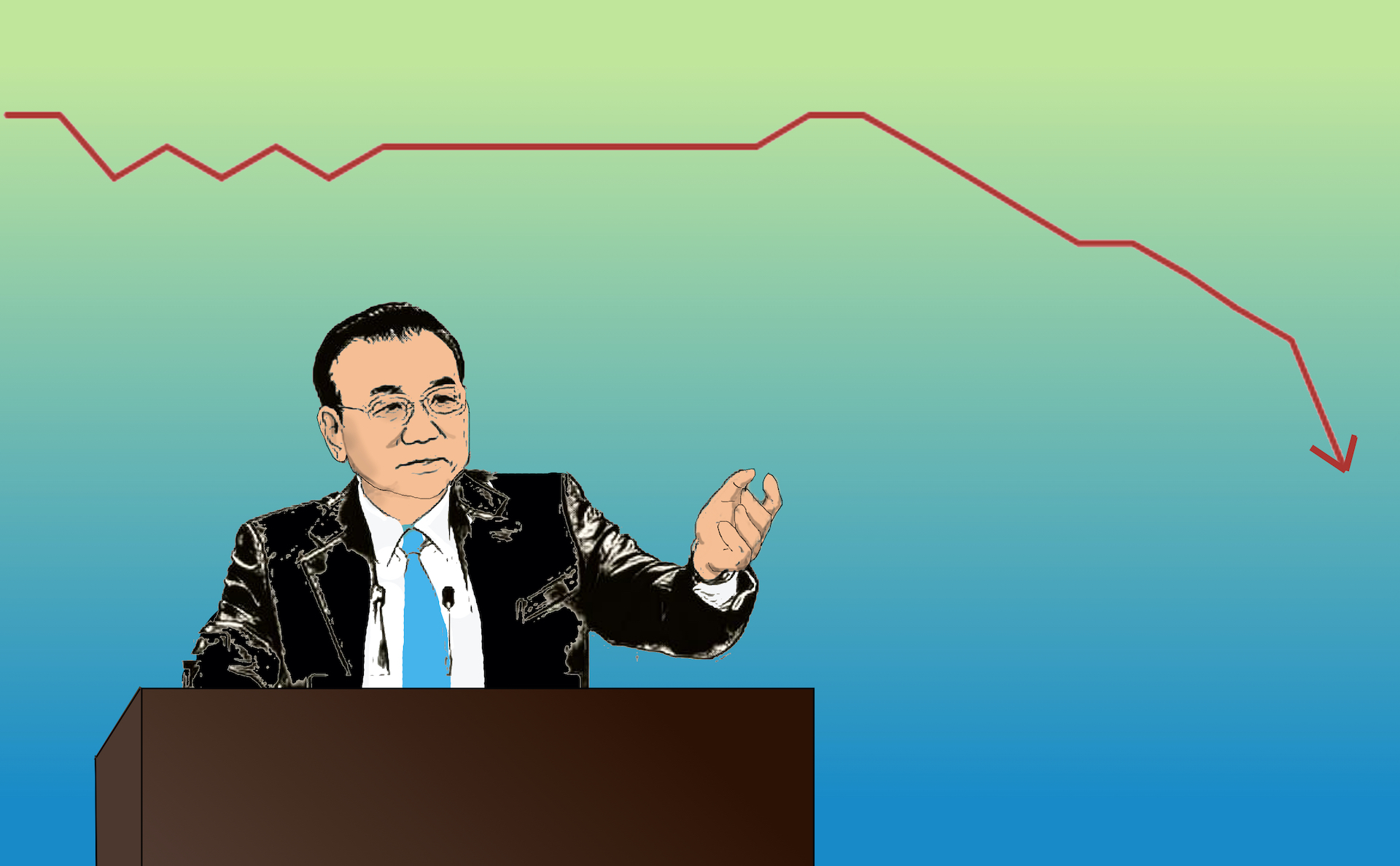Beijing organizes emergency meeting to stabilize faltering economy
The State Council hosted a video conference with top government officials today, in hopes of drafting new measures to boost its struggling, COVID-hit economy.

China’s State Council called an unprecedented teleconference with top government leaders all over the country to discuss additional measures to stabilize its faltering economy.
- “Economic indicators in China have fallen significantly, and difficulties in some aspects and to a certain extent are greater than when the epidemic hit us severely in 2020,” Premier Lǐ Kèqiáng 李克强 said per Bloomberg.
On Monday, the State Council rolled out a separate package of measures to ramp up support for businesses and stimulate demand, as COVID lockdowns continue to weigh down the world’s second-largest economy:
- More than 140 billion yuan ($21.1 billion) of additional tax rebates will be offered, increasing the full year total to 2.64 trillion yuan ($394.1 billion), slightly more than what Beijing offered in 2020 at the outbreak of the pandemic.
- Smaller enterprises and individual businesses will receive more relief, and some companies’ social-insurance contributions will be delayed even further.
- Existing infrastructure, railways, and airlines will get support in the form of bonds and emergency loans, while Beijing will also launch a new round of rural road construction and renovations.
China news, weekly.
Sign up for The China Project’s weekly newsletter, our free roundup of the most important China stories.
The central bank and banking regulator also held a meeting with major financial institutions on the same day to urge them to boost loans, after data from earlier this month showed that loan growth slumped sharply in April to the worst level in almost five years.
- Last week, China cut its benchmark reference rate for mortgages by an unexpectedly wide margin for the second time this year to help its struggling property sector.
The measures will help lighten the severe impact from the nation’s slowing economic growth, but doubts are swirling on whether the policy efforts will be enough to help Beijing meet its annual GDP growth target of about 5.5% this year without an easing of COVID-zero policies, and without an even bigger stimmie.
- UBS and J.P. Morgan were the latest to downgrade their full-year growth forecast for China to 3.7% from 4.3% and to 3% from 4.2%, respectively, citing the impact of COVID zero. By comparison, China’s full-year growth in 2020 was 2.2%.
- Retail sales fell 11% year-on-year last month, while industrial production dropped 3% over the same period — its first decline since the start of the pandemic in early 2020.
- The unemployment rate of young people aged between 16 and 24 in urban areas of China was 18.2%, up from 16% from the previous month.
- China’s full-year growth in 2020 was 2.2%.
The prognosis is not looking good: Beijing has admitted to missing its economic growth target just once since first setting it in 1998. Meanwhile, China’s economy might grow more slowly than that of the United States for the first time since Máo Zédōng 毛泽东 died in 1976, Bloomberg predicts.
See also on The China Project: Get ready for rough weather in China and the world — that’s my takeaway from a chat with Joyce Chang of J.P. Morgan.






